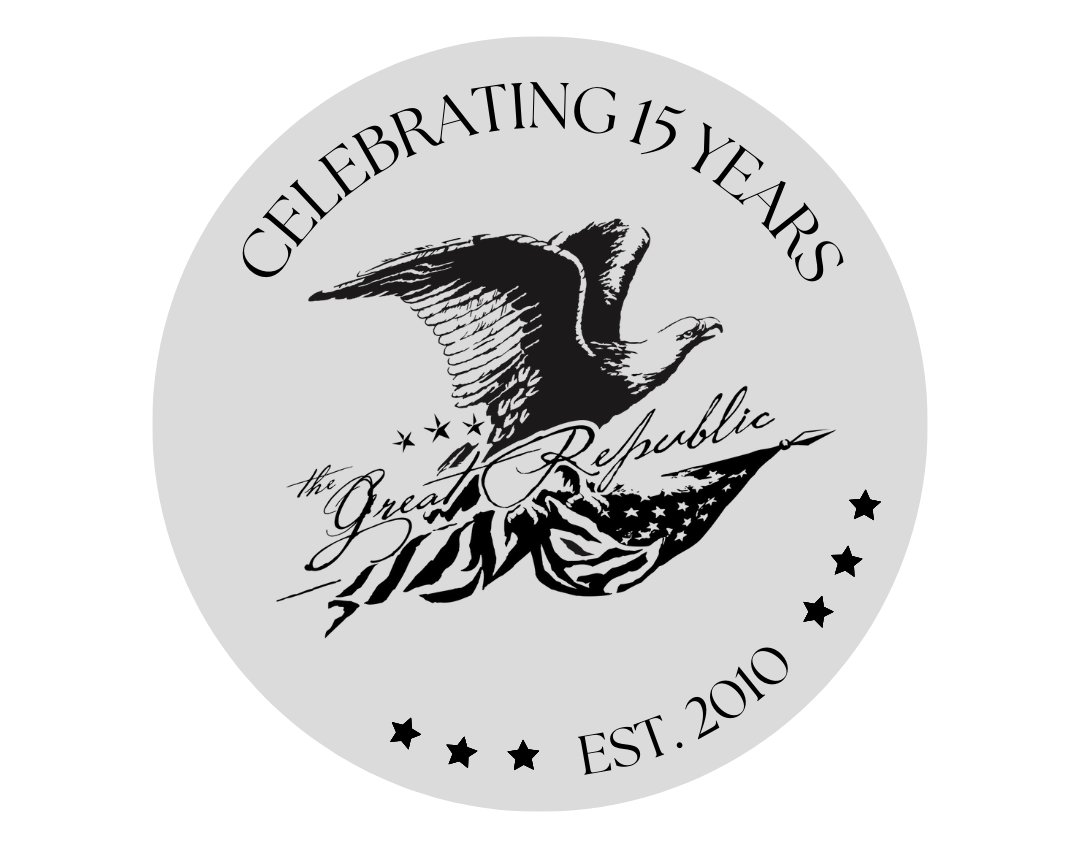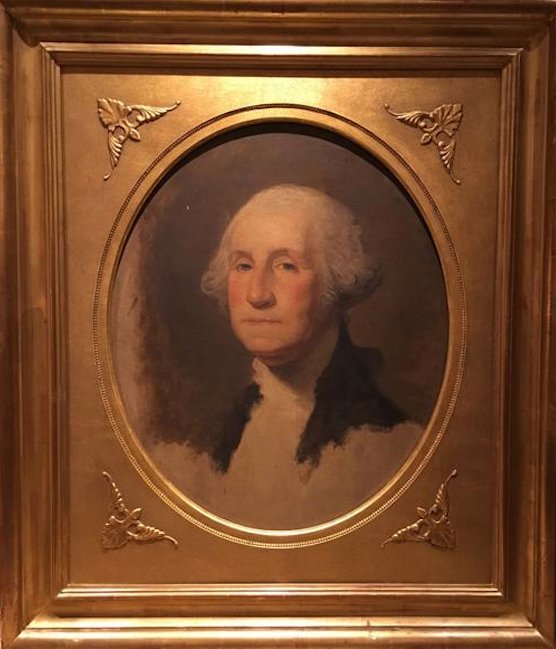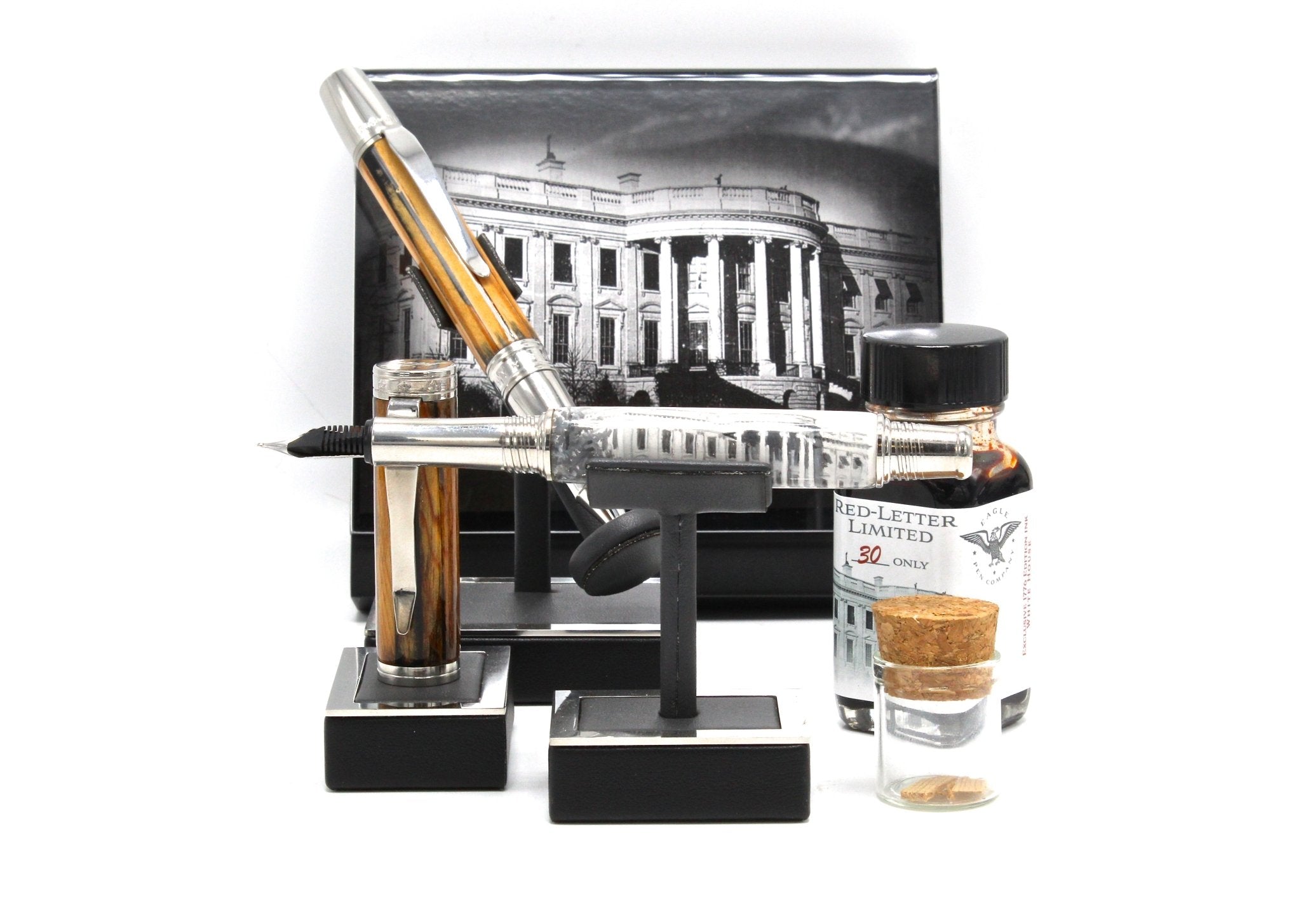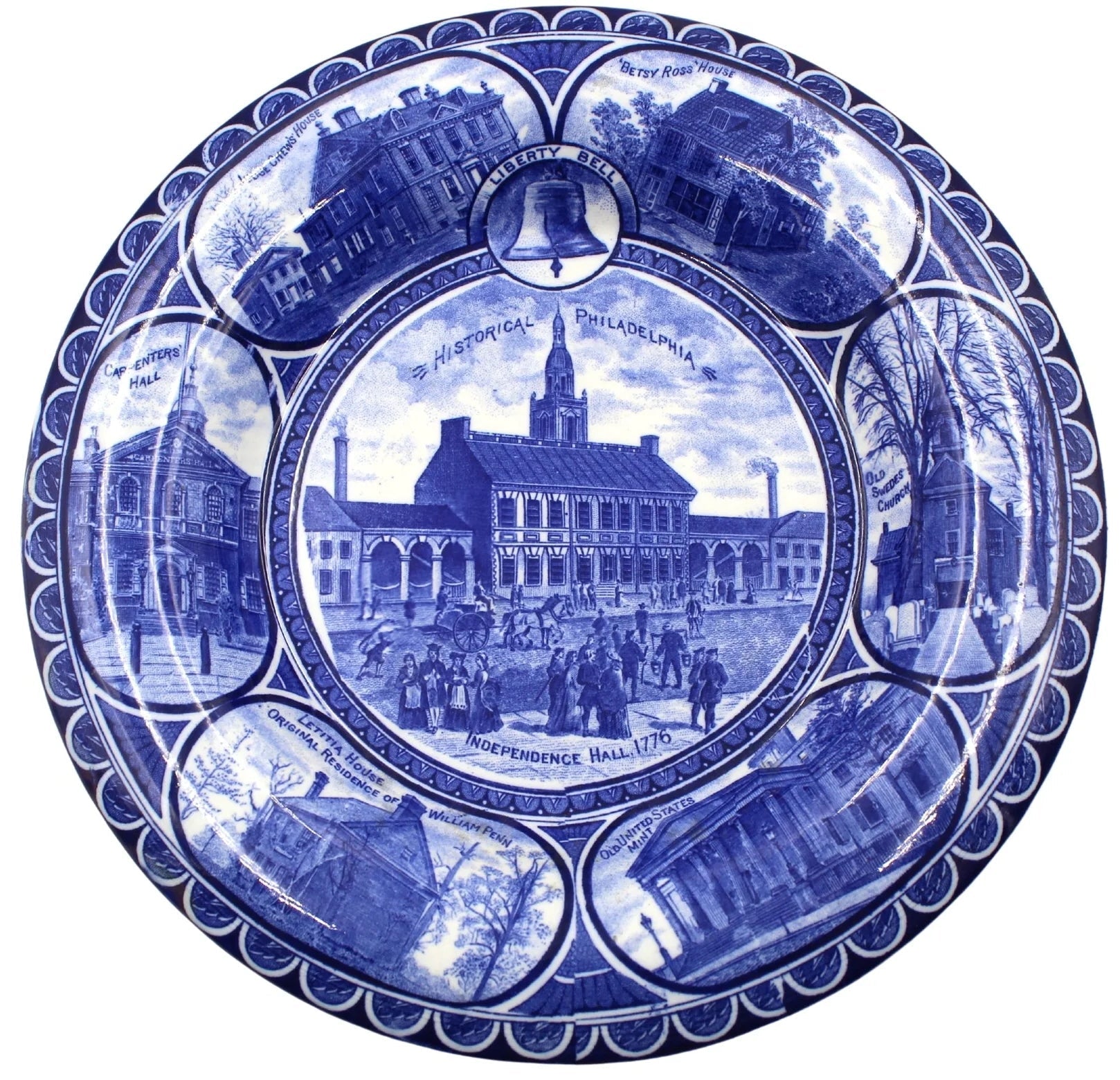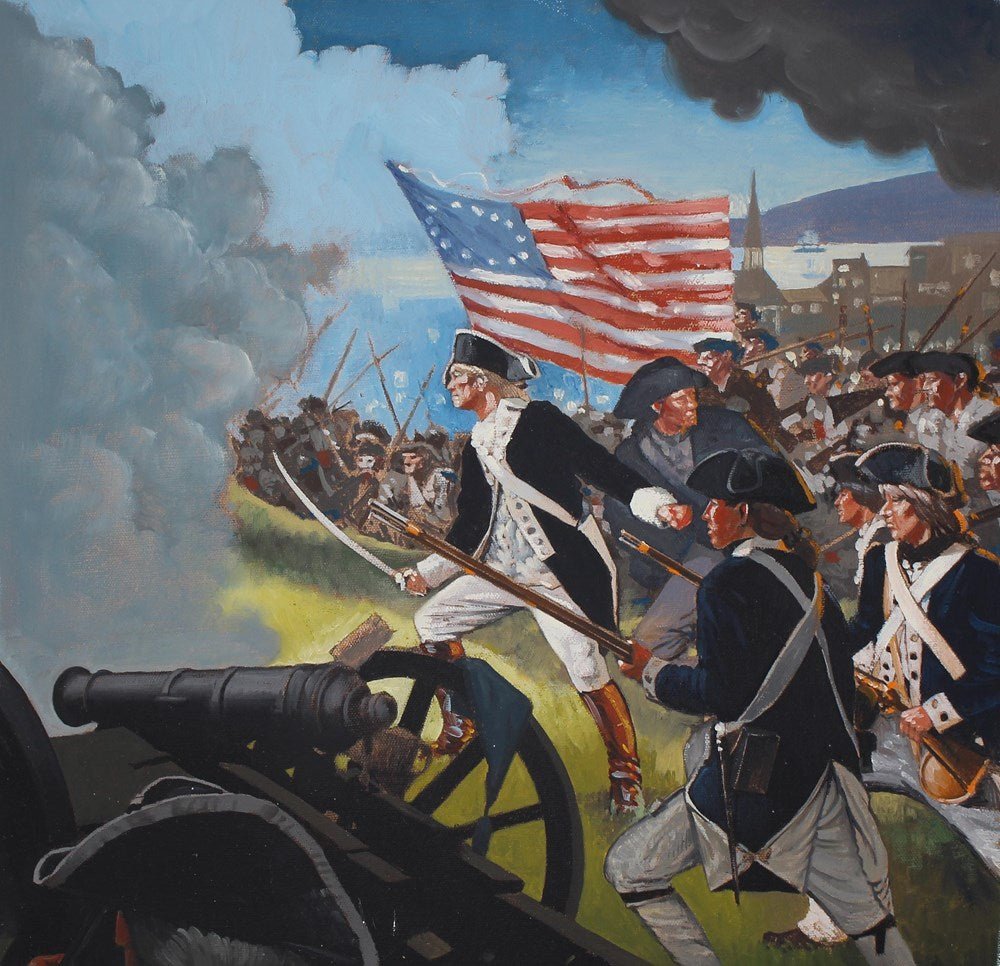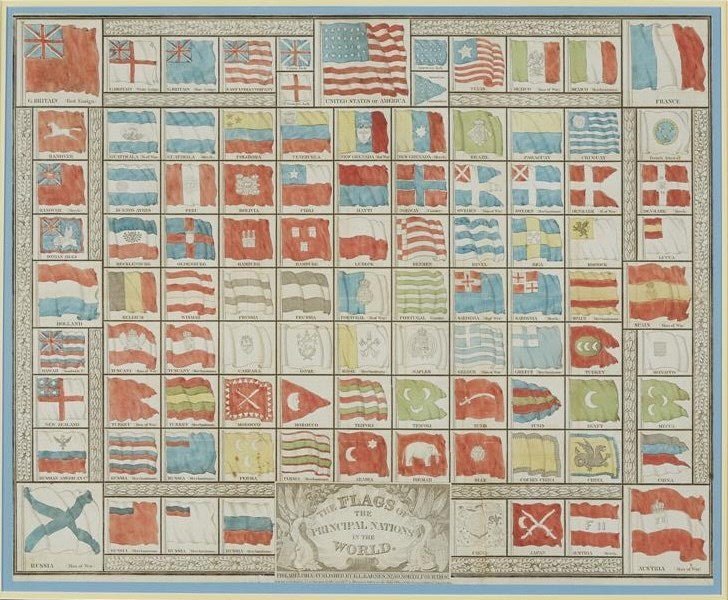The History of American Football
Inspiring Tradition
Various forms of football have been played throughout Europe since antiquity. Growing from soccer and rugby, American football took form to create a sport that combined rules from other games and encouraged contact. Archaic forms of American football were typically classified as brutal, mob sports that were played between neighboring towns and villages. So how did we end up with the popular and well-known sport that is American football? The concept of American football throughout history has great depth, which can be dissected to understand how it grew to be the sport we know and love today.
Early Beginnings
What kind of game is fun without any rules? Well, early forms of football were relatively unlimited by rules and regulations. Villagers from Europe and early America often played games with unlimited numbers of players on opposing teams, whose objective was to drag an inflated pig’s bladder across the town. Sound like fun? Not particularly. Even still, these can be considered as some of the earliest forms of ‘football,’ where violence and brutality were not uncommon. Even dating back to the early sixteenth century, Italian Calcio Storico, or “historic football,” combined a contact sport with a more traditional perception of present-day soccer. Here, Florentine players are bound by very few rules, even now, which resulted in dangerous encounters and produced a thrilling spectator sport. Hundreds of years before Europeans settled in America, the traditional concept of football games took shape in schoolyards and villages of Europe.
College Ball
The game of football remained relatively disorganized until the nineteenth century, when intramural games of football began to be played by college students at places such as Harvard or Princeton University. A Harvard tradition known as “Bloody Monday” began in 1827, which was a massive game played between freshmen and sophomores from the school. In 1860, however, the town police and college authorities decided to ban the “Bloody Monday” tradition, for fear of injury. By the 1870’s, other colleges took up their own traditions with newly published game rules, including Dartmouth’s “Old Division Football.”
Shown below is a vintage poster from a Harvard vs. Princeton game of American football. The poster shows the date of the game as November 23rd in support of the United War Work Fund. The artist, J. Liello, published this poster circa 1918.
Harvard Radios vs. Princeton Aviators Poster
On November 6th, 1869, Rutgers University faced Princeton University in a game resembling American football, as we know it today. Two teams of twenty-five players each attempted to score on one another by kicking a round ball into the opposing team’s goal. Throwing or carrying the ball was against the rules, but physical contact between players was certainly allowed. This is considered as one of the first games of intercollegiate American football, and many other schools such as Columbia and Yale soon followed suit. In the early 1920's and 1930's, the American football game really took off—with well-defined rules and a steady intercollegiate following named the Intercollegiate Football Association. The college game continued to grow throughout the South, with fierce rivalries such as the “Deep South Oldest Rivalry” between University of Georgia and Auburn University.
Below, take a look at a football team’s photo from 1927. The fifteen players pose with their coach as members of the W.H.S. team. Check out their minimal padding for such a rough sport!
Football Team Photo
Professional Football (1892-Present)
The early twentieth century gave way to intense competition and rivalry in the sport of football. Although payments to college level players was considered dishonest and unsporting at the time, a Pittsburgh area club named the Allegheny Athletic Association was the first company to hire a football player professionally. Former Yale All-American guard William “Pudge” Heffelfinger was the first known professional football player in 1892. He was paid $500 to play in a game against the Pittsburgh Athletic Club and ended up winning the game for Allegheny 4-0. Although observers were slightly suspicious, the payment remained a secret for years for fear of retribution.
Today, professional football is exceedingly popular across the United States. Not only are there thousands of fans, but also merchandise from teams are extremely popular collectors’ items! Below is a collage including a signature from Green Bay Packers General Manager Vincent Lombardi. Members Bart Starr, Jim Taylor, Paul Hornung, and Boyd Dowler also signed the photograph presented in the collage.
Green Bay Packers Collage
An American Past Time
Whether you are a devoted football fanatic, or casual Super Bowl watcher, American football evokes a sense of nostalgia and comfort. The history of American football may not be as old as European soccer or even rugby, but its impression is tremendous across the United States. Everyone can come together over the game, so check out the impressive collection of football memorabilia available at The Great Republic!

